|
We shouldn't wait for a global pandemic before we start prioritizing (and investing in) our health. Aside, there's never a better time to start than TODAY.
While this virus serves as a bit of awakening, we can utilize this time to hone-in on supporting our innate immune response as well as supporting our immunity through regular chiropractic care, food as medicine approaches, supplementation, and other mind-body modalities. When it comes to food, making conscious decisions to best support you and your family's immune system is key. Here are some foundational tools when it comes to food as medicine and immune support: probiotics (on a daily basis)
Probiotics also provide synergy outcomes; meaning, they not only help with immune enhancement but also support other favorable health outcomes (gut healing, less bloat, enhanced mood, etc.) bone broth (on a daily basis)
herbs (pulse in as needed)
vitamin D3 (on a daily basis)
vitamin C
black tea
multivitamin + minerals
sleep
deep breathing
1) First, empty the lungs of air. 2) Next, breathe in quietly through the nose for 4 seconds. 3) Hold the breath for a count of 7 seconds. 4) Exhale (forcefully) through the mouth, pursing the lips, for 8 seconds. 5) Exhale. Repeat this cycle for up to 4 times. exercise
30-minute AMRAP (as many rounds as possible): 10 box step-ups [body weight] (fireplace ledge, step, chair, etc.) 10 push-ups [use knees or allow self to lay flat on the ground and push upwards] 10 weighted squats [air squat] (jugs of water as weight) 10 weighted lunges [body weight] (jugs of water as weight) 200-meter sprint [walk/jog] (treadmill or run outside) [modifed version] | (if no access to a gym or equipment, alternative ways to perform each exercise) A note on elderberry - There might be reason to not supplement with elderberry if you have a confirmed case of COVID-19 if you also have an underlying autoimmune condition due to increased cytokine release and this virus mechanism. At this time, there is much unknown regarding the virus. However, including small, regular doses for immune-supporting benefits and pulsing-in elderberry provides an added layer of protection. Consider making our elderberry gummies (recipe shared previously) to provide a little boost as well as gut support (gelatin).
0 Comments
As you may have noticed, we carry Vital Proteins Spirulina capsules at the office. A common question we get is, "what is spirulina and why would I need it?"
what is spirulina? Spirulina, a blue-green colored freshwater plant (and cousin to chlorella), is one of the most researched superfoods today and known for its intense flavor and nutrient-dense profile. There are two species of the spirulina plant, including Arthrospira platensis and Arthrospira maxima, both of which are cultivated worldwide and used as a dietary supplement and whole food. To date, there are over 1,800 peer-reviewed scientific articles evaluating spirulina's health benefits. (!!) That said, contamination by toxins and heavy metals is a serious concern, so it's important to choose a spirulina supplement with reliable third-party testing and quality assurance. what is spirulina good for? Of the many research studies done on spirulina and its benefits, conclusions include (among others):
a note on serotonin Serotonin, probably the most famous neurotransmitter of the bunch, is an inhibitory compound that aids in relaxation, anxiety, depression, memory, socialization, sexual function, sleep, blood pressure stability, pain, appetite, and digestive regularity. Serotonin receptors are found in the heart, intestines, blood vessels, uterus, and ovaries. Beyond its direct effects, serotonin has the ability to modulate the release of other neurotransmitters and hormones that regulate both the stress response and sexual function. Consuming a diet rich in tryptophan aids in the production and utilization of serotonin. Tryptophan is found in poultry, beef, fish, dairy, seeds, chocolate, dates, and spirulina (among other food sources). Additionally, low levels of tryptophan have been associated with anxiety and depression. Did you know? Inflammation drives the depletion of tryptophan. So, removing pro-inflammatory foods as much as possible is a great place to start when supporting levels. top 5 benefits of daily spirulina supplementation: 1. Antioxidant + anti-inflammatory properties A 2013 review suggests that spirulina may play a role in preventing heart disease due to its cholesterol-lowering, anti-inflammatory, and antioxidative effects. 2. Positive impact on blood lipid levels A 2016 systematic review and meta-analysis suggests that taking spirulina supplements may have a positive impact on blood lipid levels. In the study, spirulina was found to significantly reduce total cholesterol and lower LDL cholesterol while increasing HDL cholesterol. 3. Heavy metal detoxification Research has shown that spirulina supplementation is effective in decreasing arsenic (and other heavy metal) levels in the body. A 2016 review found that spirulina had antitoxic properties that could counteract pollutants in the body, including arsenic, fluoride, iron, lead, and mercury. 4. Gut microbiota support Candida overgrowth has become one of the revealing signs of most autoimmune diseases today and intertwines with leaky gut syndrome (increased intestinal permeability), improper digestion, and imbalances to the gut microbiota. Spirulina supplementation has been shown to promote the growth of healthy gut bacteria (which inhibits candida from thriving). More-so, the immune-strengthening properties of spirulina can help the body eliminate candida cells. 5. Memory support + for brain disorders A 2012 study concluded that Spirulina (Arthrospira platensis) may “prevent the loss of memory possibly by lessening Aβ protein accumulation, reducing oxidative damage and mainly augmenting the catalase activity.” nutrition Gram per gram, spirulina is one of the most nutrient-dense foods on Earth. Just one, 3-gram serving contains:
how can spirulina be taken? Since spirulina can be found in powder form, you can supplement your diet by adding it to smoothies, juices, salads, or soups. Another fun way to use it is to mix it into energy balls or smoothie bowls. Note: If using capsules, simply break open the capsule and tap it until the powder comes out. why we love Vital Proteins Spirulina capsules We love that Vital Proteins takes measures to ensure the safety and highest quality of all of their supplements. They use third-party testing and rigorously examine every lot of finished goods, as well as raw materials, to ensure full compliance with Prop 65 standards. Their capsules are easy to take and can also be used to add to recipes or to sprinkle on top of soups/salads (simply open the capsule!). final thoughts While you may have only seen spirulina as an ingredient in a green smoothie you had at a hip juice bar, the nourishing benefits of this superfood are so profound that strong consideration for adding it to your daily supplement regimen is warranted! cautions Those with phenylketonuria (PKU) should first consult with their healthcare practitioner before supplementing with spirulina. Anyone taking any type of anti-coagulation medication should consult with their healthcare practitioner before beginning (or stopping) taking spirulina. Those with or who are susceptive to autoimmune conditions, be considerate as spirulina may cause autoimmune reactions. If you're a migraine sufferer, this post is for YOU! Did you know migraine is the 3rd most prevalent illness in the world and affects 12% of the US population? Migraines are the seventh leading cause of years lived with disability, with a worldwide prevalence estimated at 11.6% (greater than 20% of chronic migraine sufferers are disabled and the likelihood of disability increases with the number of comorbid conditions). Migraines are most commonly experienced between the ages of 18-44 years and not only affect men and women, but children as well.
For many migraine sufferers, migraine is a chronic disease that significantly decreases their quality of life and the overuse of medication is the most common reason episodic migraines turn chronic. Interestingly, other common ailments for those with chronic migraine include anxiety, depression, and sleep disturbances. what is a migraine? A migraine is a common condition characterized by recurrent, throbbing headaches which include moderate to severe pain that can last up to three days. Migraine sufferers also report symptoms such as photophobia (light sensitivity), phonophobia (anxiety disorder/fear of loud sounds), and nausea. Common migraine-associated signs/symptoms:
**may occur right before or during a migraine (aura) Migraines are often undiagnosed and untreated. Diagnosis of migraines is highly individualized and is often based on a person’s symptoms. potential migraine causes + triggers Potential migraine triggers include:
With this, the expression of a migraine may be influenced by specific dietary and/or nutrition-related factors that can play a role in inflammation, vasodilation, glucose metabolism, and attack frequency/severity. Many foods are known to cause neurovascular and neurochemical effects in individuals prone to migraines either directly (i.e. endogenous or artificial chemicals) or indirectly (release of immune mediators such as inflammatory cytokines). Examples of endogenous chemicals are the amines:
Additionally, food additives such as nitrates (often found in processed meats) and MSG (found in meat tenderizer, soy sauce, Asian foods, and a variety of packaged foods) have also been associated with the presentation of migraines. Other food substances often considered to be triggers include tannins and phenols found in:
Other diet-related factors that may be associated with increased expression of migraine symptoms includes:
common food-related migraine triggers
determining food triggers + cause When it comes to determining the root cause of migraines, there is much controversy as to what exactly to consider. How a practitioner accurately determines the specific food triggers and/or nutrition intervention to mitigate or eliminate migraines is still inconclusive. There's a lot of discussion as to whether or not dietary intervention and/or elimination protocols are an appropriate, successful intervention in migraine prevention. Emerging studies have identified support for the role of comprehensive diets in the prevention of migraines (performed under the care of a credentialed practitioner ensuring adequate macronutrient and vitamin/mineral intakes). It has also been reported that a diet rich in omega-3 and low in omega-6 polyunsaturated fatty acids (PUFAs) appeared to decrease migraine frequency. It may also be possible that a migraine is associated with a woman’s menstrual cycle, celiac disease, gluten sensitivity, or vitamin and mineral deficiencies, which is why an in-depth symptom diary and health history is vital for a practitioner in getting to the root-cause of the presenting migraine. Migraines can also be triggered by impingement of the vertebral artery which is encased in the first 6 cervical (neck) bones of the neck. Finally, keep in mind food sensitivities can be dose-dependent. This means that a client may experience symptoms with a certain amount of a specific food consumed (e.g. ¼ cup nuts = no symptoms vs. 1 cup nuts = symptoms present). what you can do... Because there are so many 'unknowns'' surrounding migraine, a full evaluation by a licensed chiropractor and integrative dietitian is a great place to start. Practitioners who focus on a root-cause approach can help to identify triggers or 'blindspots', address these areas, or suggest further testing. Once environmental, lifestyle, and hormonal factors have been ruled-out, a practitioner may suggest nutrition intervention in which the elimination of food triggers is used. If, after an introductory elimination diet is implemented and migraines persist, Mediator Release Testing (MRT) and a Lifestyle Eating and Performance (LEAP) dietary approach may help to identify food sensitivities that are contributing to migraine symptoms and allow a practitioner to suggest a more long-term approach to eating to best support the clients and his/her nutrition needs and symptoms. Testing to identify food allergies and/or sensitivities can be useful in identifying an appropriate anti-inflammatory or anti-migraine diet. MRT and the LEAP protocol help to correctly identify foods or food chemicals that may be responsible for symptoms/hypersensitivity reactions and give the practitioner a framework for constructing a diet plan that will be beneficial for the client using ‘safe foods’. The key? Every body is different. It may take time to experience symptom relief, identify triggers, etc. nutrition + lifestyle practices to consider
supplementation considerations
Want more information on the above recommendations or to set-up an initial exam with our chiropractor? Make an appointment today and ask about our FREE Foundations Class! For a complete nutrition assessment including nutrition-focused examination, recommendations, and more information on lab testing, contact our integrative dietitian. to health + wellness, samantha schleiger ms, rdn, cd, clt, miep
integrative registered dietitian nutritionist simply nourished Here's a great way to use Vital Proteins gelatin to make Elderberry Gummies; perfect for on-the-go or a fun way to get the kids to supplement with elderberry. Added bonus of our recipe: Includes gelatin and probiotics! We get asked A LOT about the benefits of gelatin... here are just a few: contains glycine
improves skin health
maintains strong bones
Click here for your free elderberry gummies recipe. Need supplement recommendations/links? Here are our favorites:
to health + wellness, samantha schleiger ms, rdn, cd, clt, miep
integrative registered dietitian nutritionist simply nourished Black elderberries (sambucus nigra) contain vitamins A, B and loads of C, flavonoids (such as anthocyanins, which are powerful antioxidants) and can help to protect cells against damage... all of which provide an excellent immune boost during the long winter months when sickness lingers.
Studies show that supplementing with elderberry can lessen the severity and duration of both colds and flu. A 2004 study of elderberry extract in flu patients revealed that symptoms of the flu were relieved 4 days sooner than flu patients who didn’t receive elderberry. Supplementing with elderberry has also been shown to improve sinus infections, aid in skin and hair health, and more! The elder plant has many medicinal uses including: treatment of colds and other infections, allergic conditions (allergies, sinusitis), and more. what's in our elderberry syrup? We do our best to thoughtfully source and curate the highest quality supplements to offer you and your family. Seattle Elderberry uses only organic, simple ingredients that are sourced sustainably. The organic elderberries are wild-grown and hand-foraged by a woman named Joanna (no, not Joanna Gaines). The berries are harvested in the fall and dried slowly (using only natural materials) at a low temperature via solar power (to preserve nutrients). What does that mean? The elderberries used in our syrup never come in contact with: + plastics + pesticides + herbicides + fertilizers + glyphosate Only organic spices and raw honey or pure, organic maple syrup are used in the process. Ingredients: + filtered water + raw honey or pure, organic maple syrup + organic elderberries + organic lemon juice + organic, fair-trade Ceylon cinnamon + organic ginger + organic clove thats it! why Ceylon cinnamon vs. Cassia cinnamon? Ceylon cinnamon is known as "true cinnamon." Cassia cinnamon (the traditional cinnamon that many of us know) contains a chemical called coumarin which is present in higher concentrations in Cassia than in Ceylon cinnamon. Coumarin has been shown to be toxic to the liver and kidneys and may also be carcinogenic. Ceylon cinnamon has potential beneficial effects on glucose metabolism and body weight and contains antioxidant compounds called proanthocyanadins. Other benefits include antimicrobial and anti-parasitic activity, digestive health and blood pressure reduction. environmentally-friendly Our elderberry syrup comes in a reusable, recyclable glass jar that's packaged and shipped in 100% recycled material (yeah!). note: Elderberry could potentially interact with several medications. If you currently take any of the following medications, you should talk to your health care provider before using an elderberry supplement: Diabetes medications, diuretics (water pills), chemotherapy, immunosuppressants (including corticosteroids and medications used to treat autoimmune diseases), laxatives, and theophylline.The information provided here is not intended to be or replace medical advice. references: 1. Tiralongo, E., Wee, S. S., & Lea, R. A. (2016). Elderberry Supplementation Reduces Cold Duration and Symptoms in Air-Travellers: A Randomized, Double-Blind Placebo-Controlled Clinical Trial. Nutrients, 8(4), 182. doi:10.3390/nu8040182 2. Tiralongo, E., Wee, S. S., & Lea, R. A. (2016). Elderberry Supplementation Reduces Cold Duration and Symptoms in Air-Travellers: A Randomized, Double-Blind Placebo-Controlled Clinical Trial. Nutrients, 8(4), 182. doi:10.3390/nu8040182 3. https://draxe.com/nutrition/elderberry/ 4. https://thenaturopathicherbalist.com/herbs/r-s/sambucus-nigracanadensis-elderberry/ |
blogRead our posts and join the conversation by commenting or sharing with community. categories
All
archives
October 2023
|
Elkhorn WIhoursMONDAY: 2-6
TUESDAY: 9-12 + 3-7 WEDNESDAY: 2-6 THURSDAY: 3-7 FRIDAY: 9-12 SATURDAY: 9-12 |
Johnson Creek WIhoursMONDAY: 2-6
TUESDAY: 2-6 WEDNESDAY: 2-6 THURSDAY: CLOSED FRIDAY: 2-6 SATURDAY: CLOSED |
subscribe to our emails |

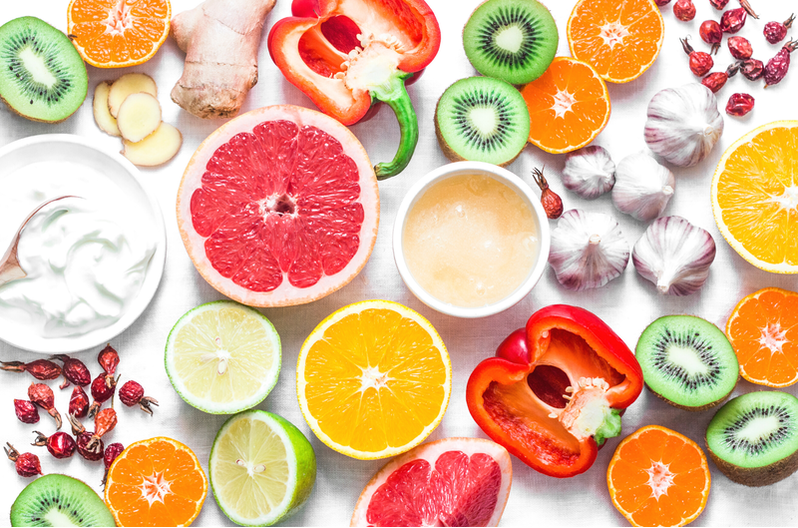
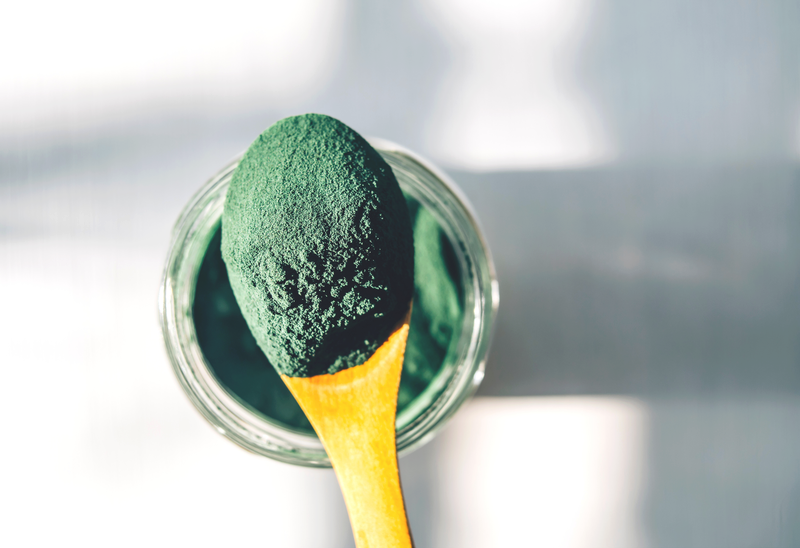
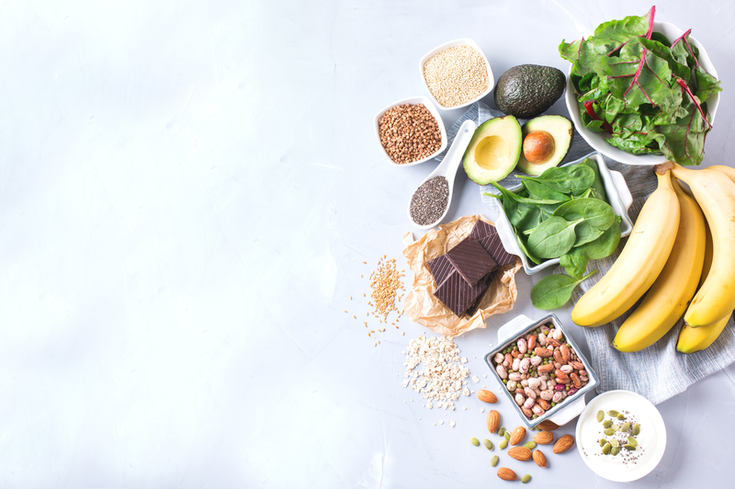

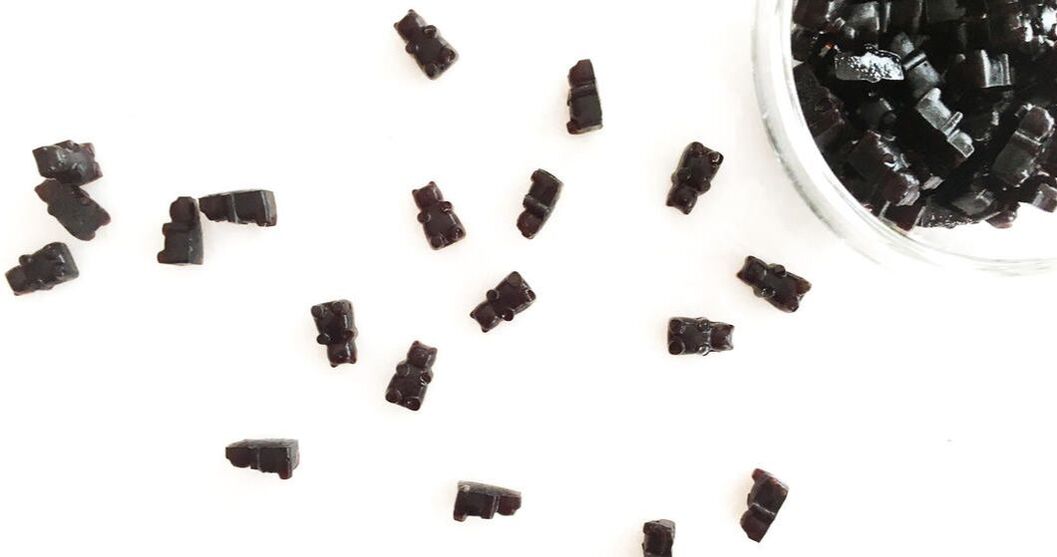

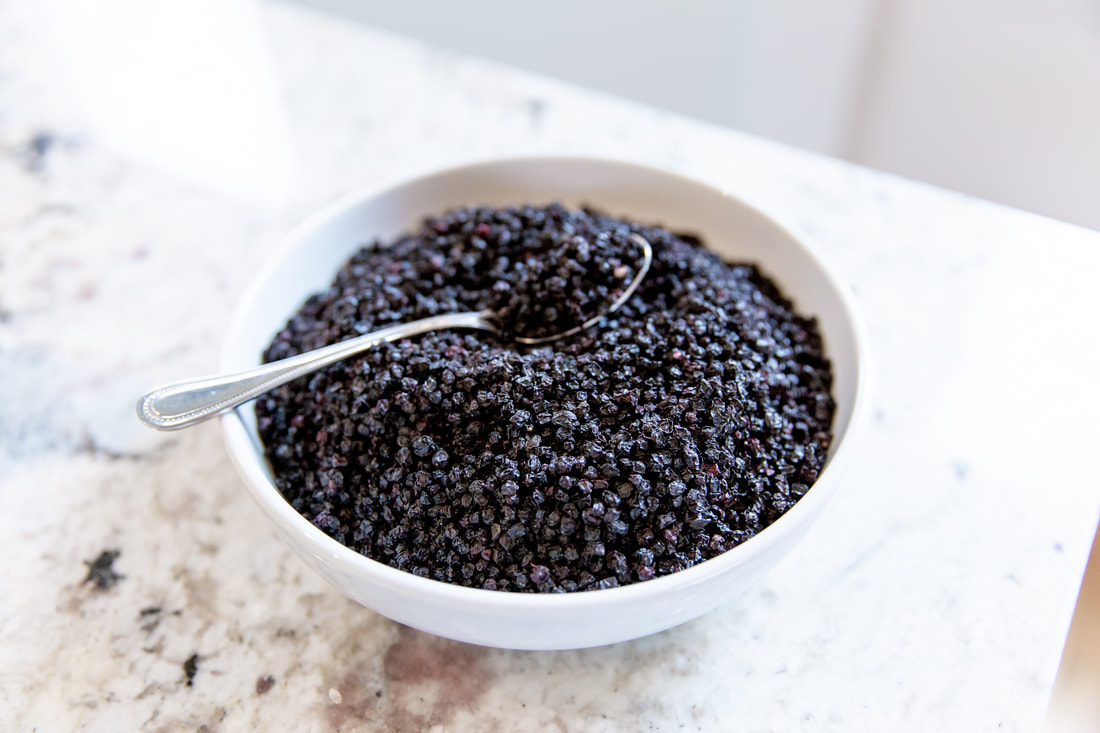

 RSS Feed
RSS Feed